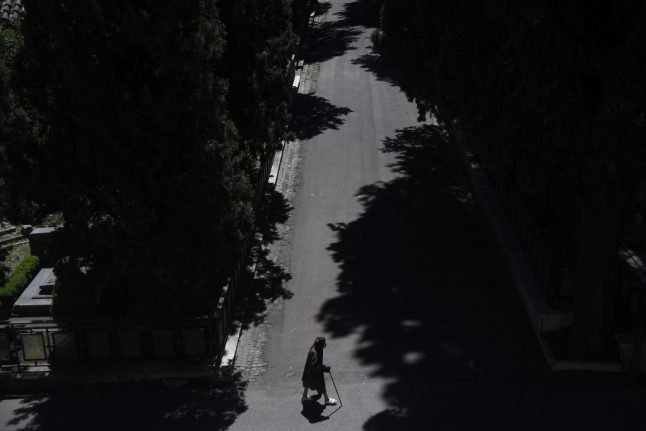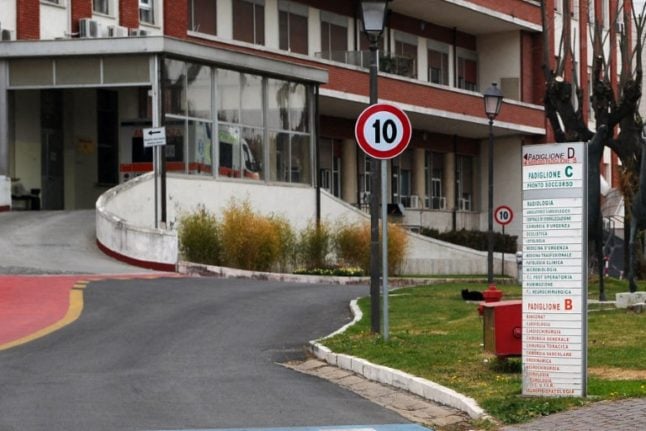With 999 people currently in intensive care, the figure is at its lowest since March 10th, when Italy introduced a nationwide lockdown, and less than a quarter of the 4,068 it reached at its peak on April 3rd.
Another 13,539 patients are receiving non-intensive hospital care and 67,950 are in self-isolation at home, making a total of 82,488 people currently positive for the virus.
READ ALSO:
- Why some Italian regions have reopened sooner than others
- VIDEO: A brief history of pandemics and quarantines in Europe
- Coronavirus crisis leaves '700,000 children in Italy without enough to eat'
The number of daily deaths rose slightly to 179 on Monday from Sunday's report of 165, but was still the third consecutive day below 200 fatalities, the Civil Protection department said.
Around one in four of the latest deaths occurred in Lombardy, the region that has now seen 15,054 of Italy's 30,739 deaths since the outbreak began.
There were no new fatalities in Sardinia, Basilicata, Molise, Umbria, or Valle d'Aosta.
READ ALSO: Which Italian regions will be first to beat the coronavirus?
Another 744 coronavirus cases were confirmed on Monday, nearly half of them in Lombardy.
Italy has recorded 219,814 cases of the virus since January, though the real total is thought to be much higher.
The official number of deaths, which does not include people dying in care homes or the community, is also likely to be an underestimate.
Italy's death toll is the third-highest in the world, after the United States and the United Kingdom.
The Italian government eased the virus lockdown restrictions slightly on May 4th but a larger-scale reopening is set for next week, when museums, shops, cultural sites, churches and libraries will reopen.



 Please whitelist us to continue reading.
Please whitelist us to continue reading.
Member comments